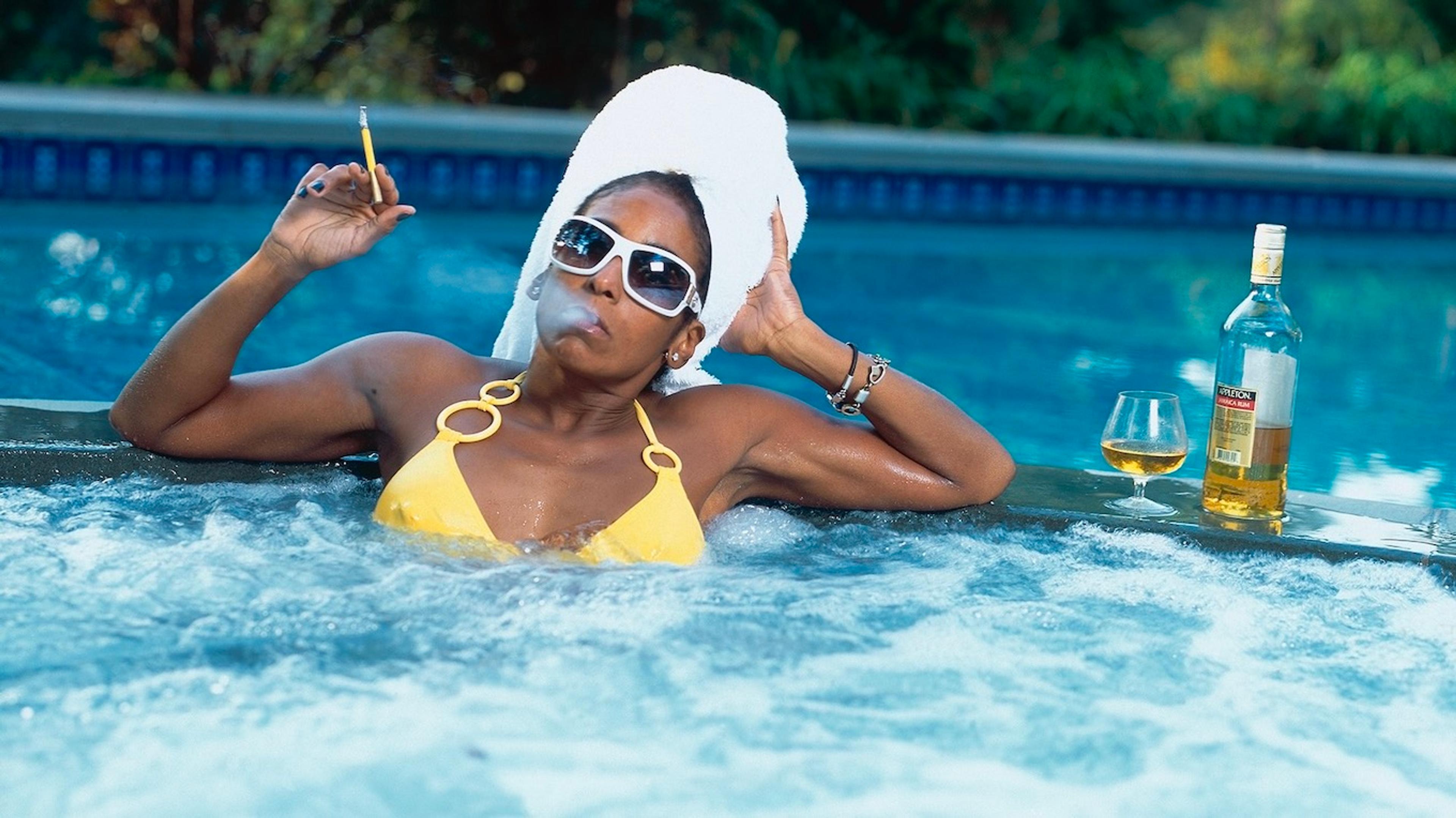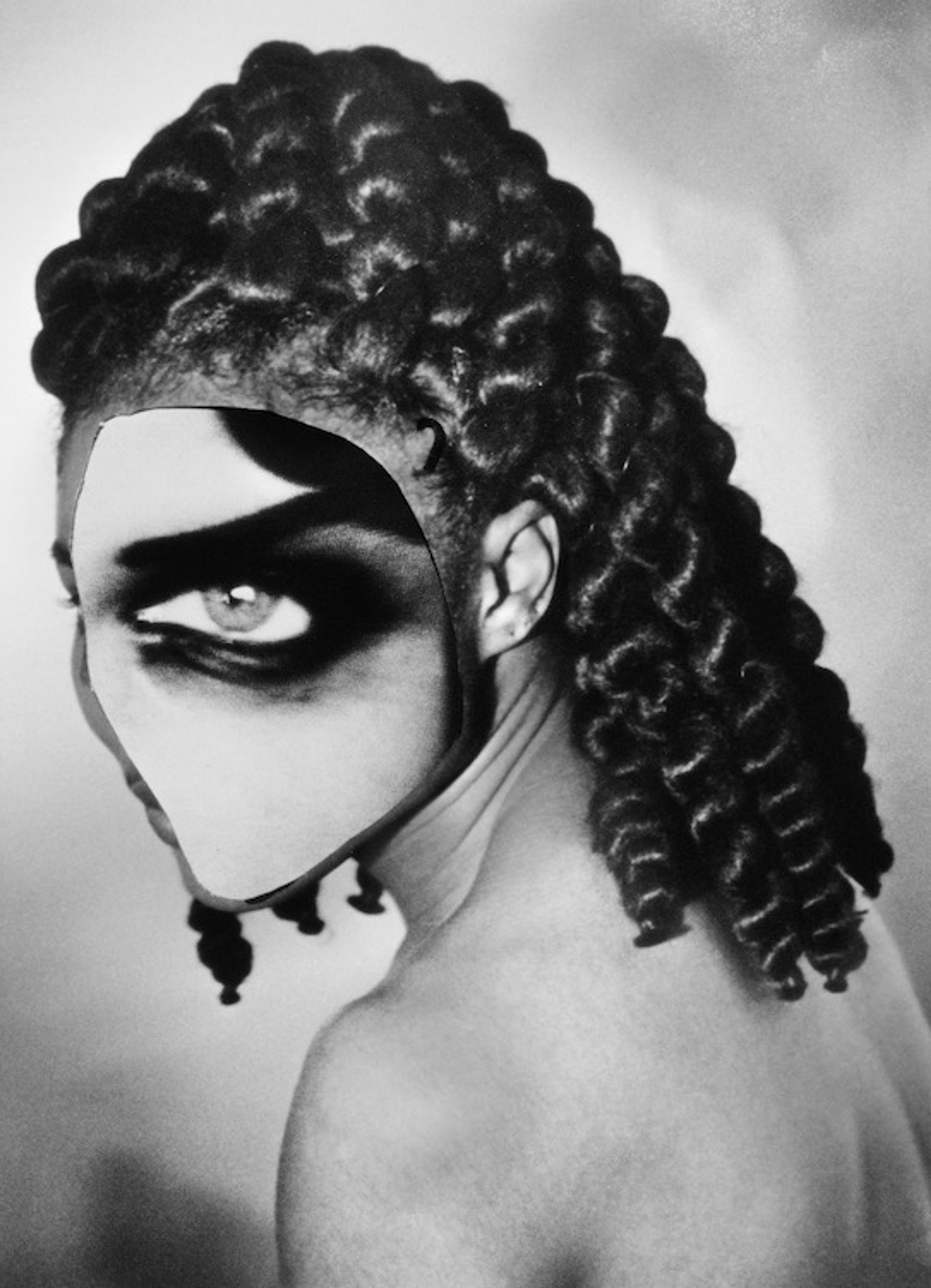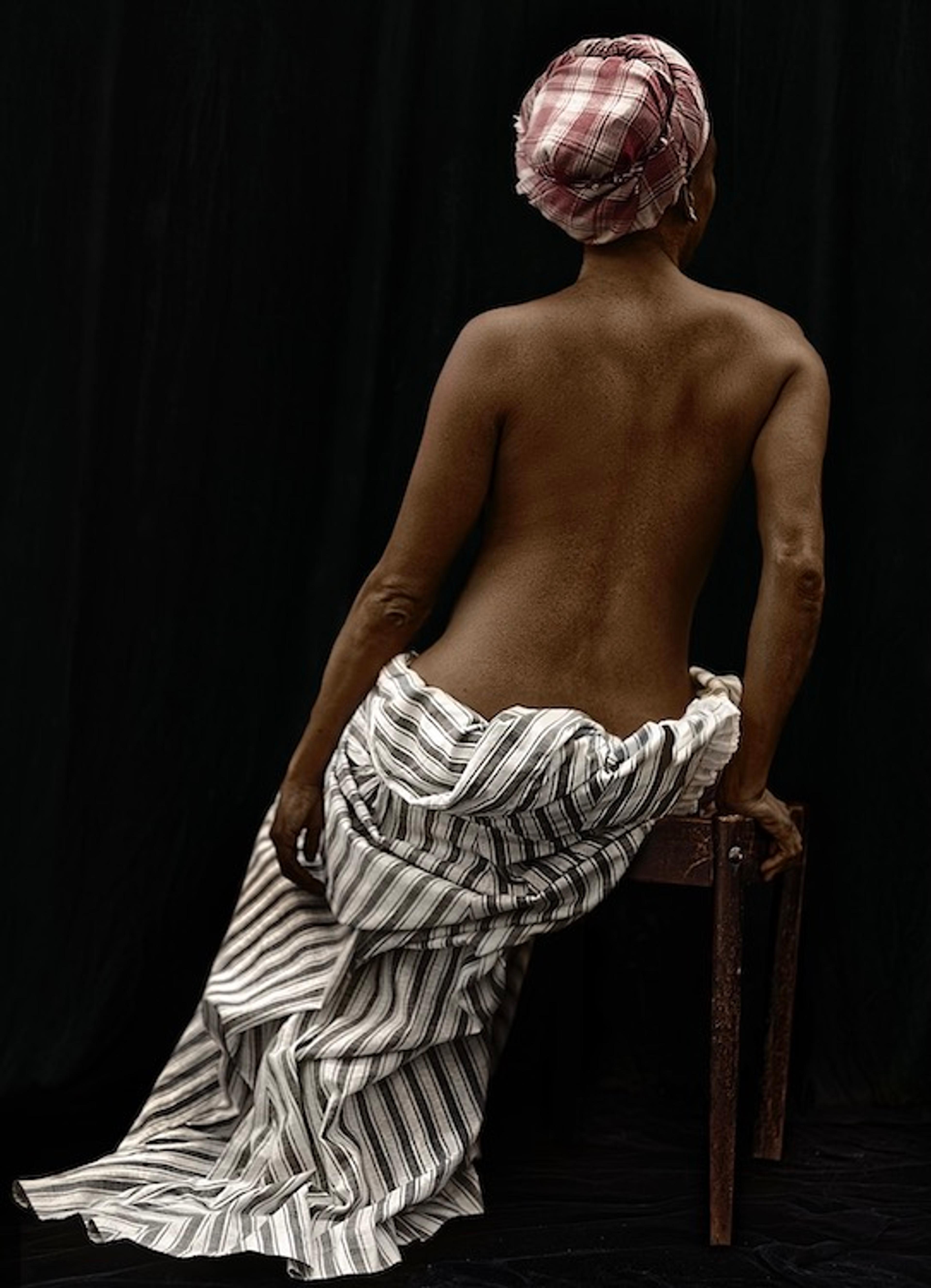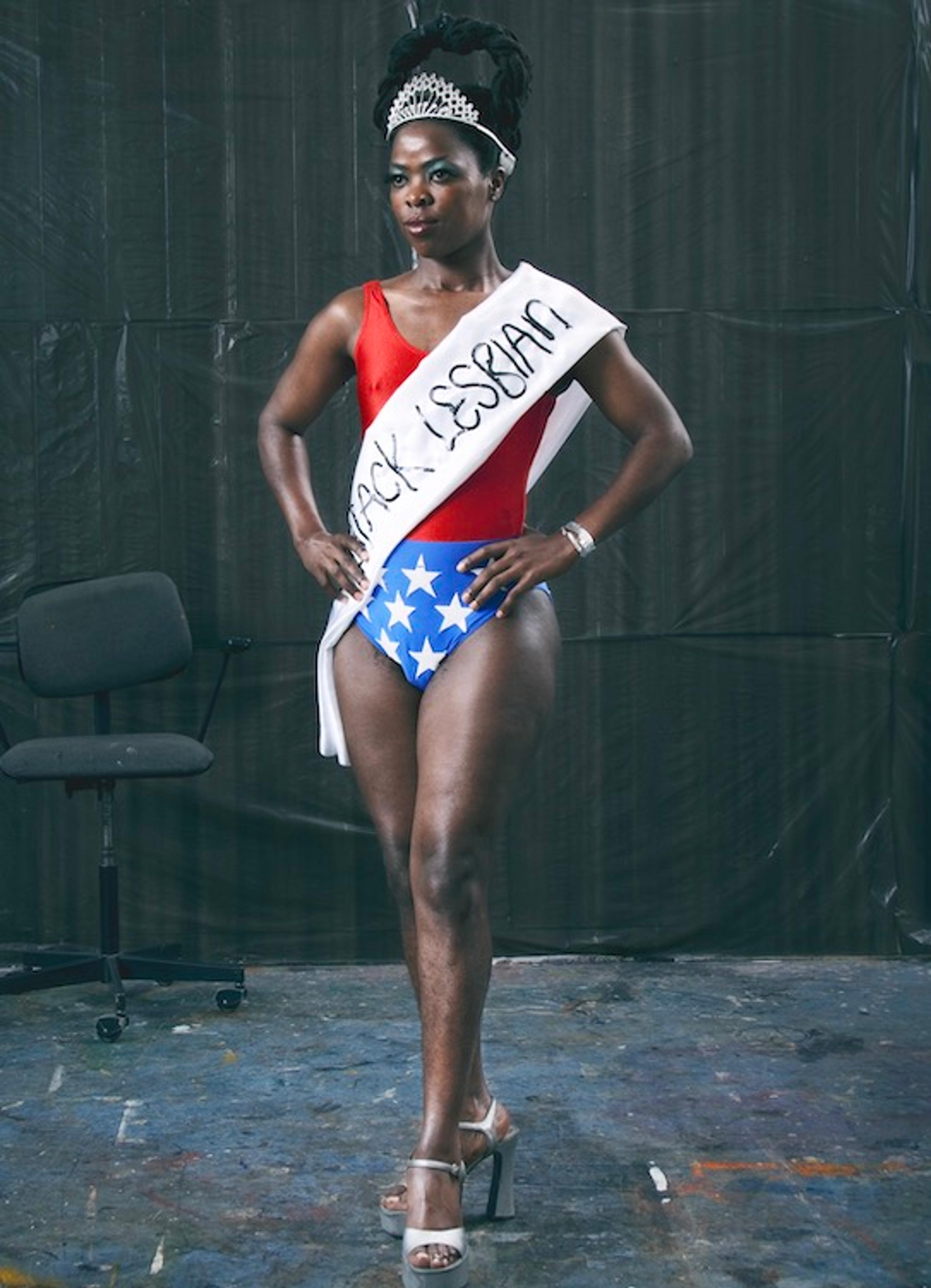BLACK VENUS
Curated by Aindrea Emelife

BLACK VENUS is an exhibition that surveys the legacy of Black women in visual culture – from fetishized, colonial-era caricatures, to the present-day reclamation of the rich complexity of Black womanhood by 19 artists (of numerous nationalities and with birth years spanning 1942 to 1997). This exhibition is a celebration of Black beauty, an investigation into the many faces of Black femininity and the shaping of Black women in the public conscious – then and now.


ABOUT THE EXHIBITION
Juxtaposed against archival depictions of Black women dating back to 1793, the contemporary works on view collectively create a global, cross-generational investigation into Black women’s reclamation of agency amid the historical fetishization of the Black female body
Curated by Aindrea Emelife, the exhibition’s thematic foundation is the Hottentot Venus, a visual-culture archetype named for the assigned stage name of Saartje Baartman (born 1789 in South Africa). Enslaved by Dutch colonizers and toured around Europe as part of a ‘freak show’ due to her non-Western body type, caricatured depictions of her spread around the globe and indelibly catalyzed the Western exoticization and othering of Black women. In BLACK VENUS, archival depictions of Baartman and other historical Black women pair with the vibrant, narrative portraiture by some of today’s most influential Black image-makers whose work deals with layered narratives of Black femininity.
“Rather than simply putting forth a compelling grouping of contemporary talent, I wanted to establish a legacy.”
Emelife believes by looking at early images, we identify the beginning of the othering of Black women. In a contemporary age, where Black women are finally being allowed to claim agency over the way their own image is seen, it is important to track how we have reached this moment. In looking through these images, in different stages of history – we are confronted with a mirror of the political and socio-economic understandings of Black women at the time, and what they were allowed to be. The most contemporary examples in the show are unabashed, riotous affronts showcasing all that Black womanhood can be and has always been.
By visiting the exhibition and exploring the Black female image from the late-1700s until now, viewers are invited to confront the racial and sexual objectification and embodied resistance that make up a significant part of the Black women’s experience—and to celebrate the current upheaval of this stereotype, at the hands of Black artists. In an age where Black women are taking positions in power, fronting the covers of fashion magazines, and taking up space in all manner of fields and industries, it is a reminder to look back and see how far we have come, so we can look to the future.
It is a hypervisibility with agency – the Black woman is resilient, powerful, soft, luxurious, queer, disabled, a fashion icon, ethereal, mother, daughter, friend, and lover. BLACK VENUS is a feeling. It is a valiant call to action to be seen and to celebrate in Black women; their aspirations, convictions, contributions and how perceptions of Black womanhood have shifted over time – how agency has been reclaimed.

The Artists
Sadie Barnette (b. 1984, Oakland, CA)
Widline Cadet (b. 1992, Pétion-Ville, Haiti)
Shawanda Corbett (b. 1989, New York, NY)
Renee Cox (b. 1960, Colgate, Jamaica)
Ayana V. Jackson (b. 1977, Livingston, NJ)
Deana Lawson (b. 1979, Rochester, NY)
Zanele Muholi (b. 1972, Umlazi, South Africa)
Jenn Nkiru (b. 1987, London, UK)
Amber Pinkerton (b. 1997, Kingston, Jamaica)
Tabita Rezaire (b. 1989, Paris, France)
Coreen Simpson (b. 1942, New York, NY)
Ming Smith (b. 1950, Detroit, MI)
Maud Sulter (b. 1960, Glasgow, Scotland; d. 2008, Dumfries, Scotland)
Kara Walker (b. 1969, Stockton, CA)
Carrie Mae Weems (b. 1953, Portland, OR)
Alberta Whittle (b. 1980, Bridgetown, Barbados)
Carla Williams (b. 1965, Los Angeles, CA)
Mickalene Thomas (b. 1971 Camden, NJ)
Deux Femmes Noires